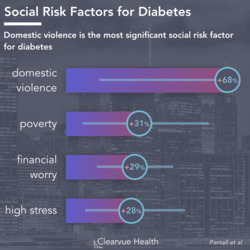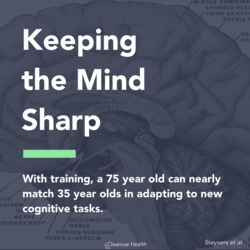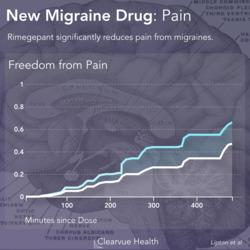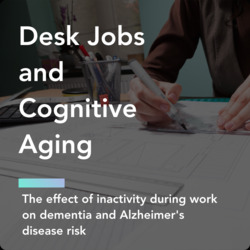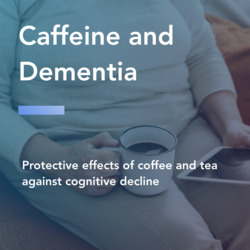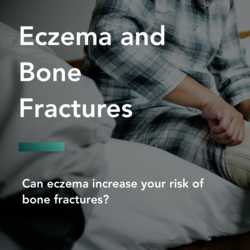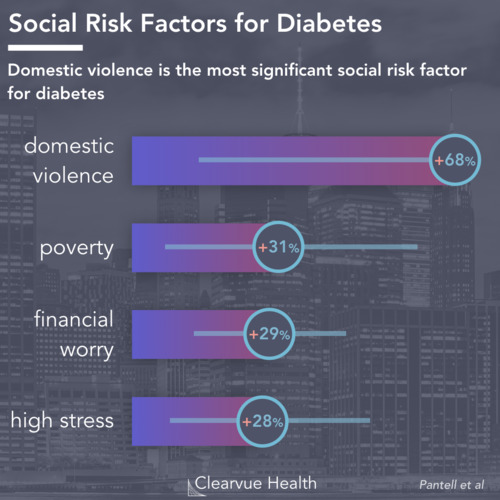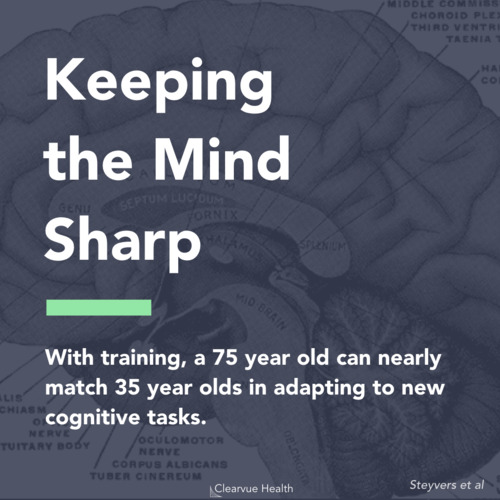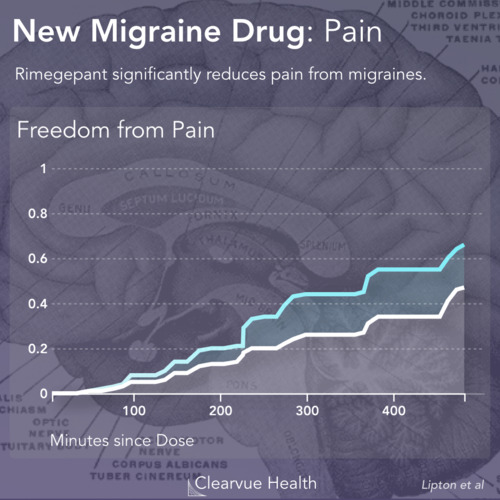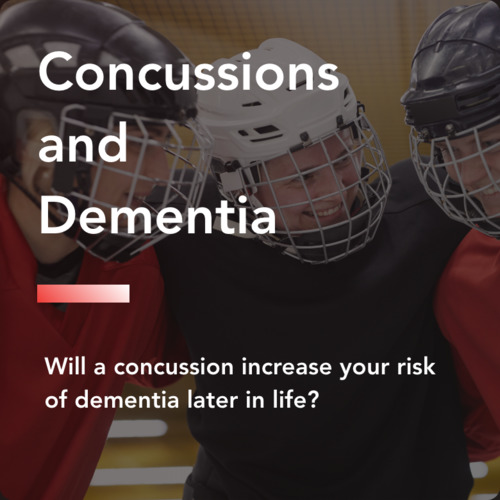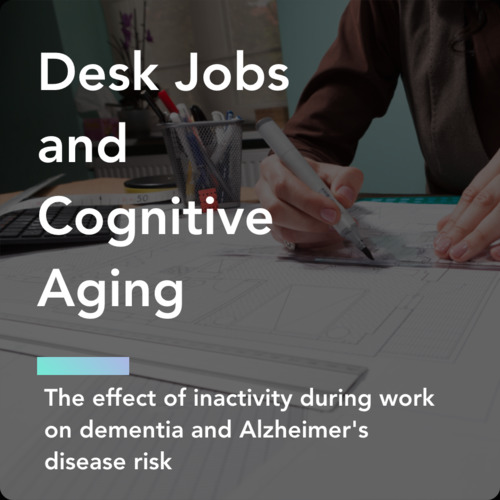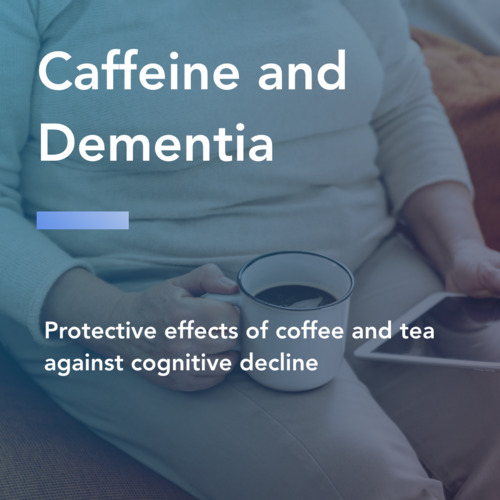Midlife Stress & Dementia

Figure 1: Midlife stress correlates with a higher risk of dementia, particularly Alzheimer’s Disease.
Did you know stress has been linked to dementia?
Research is starting to show that dementia is not random or predetermined. It has risk factors just like heart disease and cancer, though they are less well understood.
Stress Increases Dementia Risk

Figure 2: Stress Increases Dementia Risk. High stress throughout life correlates with a 250% risk of dementia.
A high-quality study showed that stress is a significant risk factor for dementia. Middle-aged women who experience more stress in their lives had more than twice the risk of developing dementia compared to women who did not have significant stress.
Source: Midlife psychological stress and risk of dementia: a 35-year longitudinal population study.
More stressful periods = Higher dementia risk

Figure 3: More stressful periods = Higher dementia risk. The number of periods of stress in your life correlates with risk of dementia.
Even after adjusting for potential confounding factors, researchers found that the risk of dementia correlated with the number of stressful periods one has had in their life.
Someone with one stressful period in their life doesn't necessarily have a higher risk of dementia. Participants who were very stressed during the entire 35 year period of the study had the highest risk of dementia.
Stress has a strong effect on Alzheimer's risk

Figure 4: Stress has a strong effect on Alzheimer's risk. Stress had a stronger correlation with Alzheimer’s Dementia Risk than Vascular Dementia Risk.
There are multiple causes of dementia. One of the most well known as Alzheimer’s disease, which is believed to be caused by the build-up of certain proteins in the brain.
Another common type of vascular dementia, which is caused by small blockages in blood vessels leading to the brain, similar to strokes. Vascular dementia has similar risk factors as heart disease.
Stress was found to have a much higher impact on Alzheimer’s risk than vascular dementia risk suggesting that there may be mechanisms specific to the brain that are affected by stress.
Source: Midlife psychological stress and risk of dementia: a 35-year longitudinal population study.
Tips for Stress Reduction

Figure 5: Tips for Stress Reduction. Eat well, sleep well, exercise often. Seek support when needed. Take regular breaks.
If you are experiencing a lot of stress in your life, don’t ignore it. Stress isn’t just unpleasant, it is also unhealthy.
1-Be sure to take care of yourself. Taking care your body through eating well, sleeping well, and exercising regularly can reduce stress and counteract the negative impact of stress.
2-Seek out support: Having friends and family support you can be helpful. Professionals such as therapists and counselors can be very helpful as well in de-stressing.
3-Take a break! It's almost never as bad as you think it is. Whether it’s a "breather" or a vacation, taking regular breaks can help.







